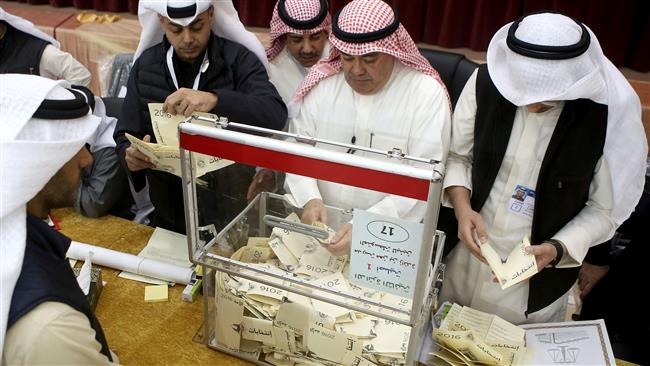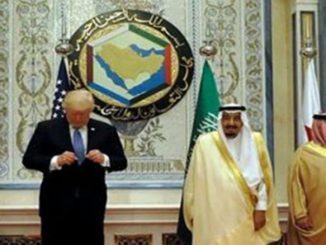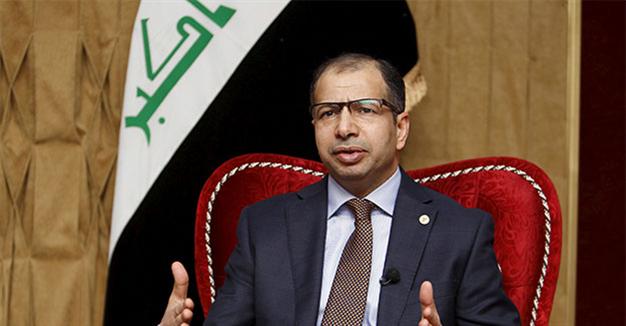
The Kuwaiti opposition and its allies won 24 out of the 50 seats in the Kuwaiti parliament, around half of those who won are from groups linked to the Muslim Brotherhood and Salafists, Kuwait’s electoral authority announced yesterday.
Opposition members returned to Kuwait’s parliament after more than three years of absence, after they had boycotted the previous two elections to protest the voting system decreed by the ruling Emir Sabah al Ahmed al Sabah in 2012.
Most of the opposition has now ended the boycott over alleged gerrymandering by the ruling family-led government, and after a court decision overturned a February 2012 vote which the opposition won and the government changed the electoral rules.
Furthermore, this election came after a dispute between the government and parliament over austerity measures following the low oil prices.
According to media reports, voters dealt a heavy blow to candidates from the outgoing parliament, with more than half of them failing to make it into the new assembly.
Two of three cabinet ministers also failed in their bid for re-election. Also, one-third of the members of the new parliament are relatively young and fresh on the political scene.
It is noteworthy that Safaa al-Hashem was the only woman to win one of the 50 seats up for grabs in Saturday’s election. She is a liberal candidate who has served in previous parliaments and was one of 15 women who ran for seats.
Saturday’s snap elections, Kuwait’s fourth since February 2012, were called by the Emir in October after the government said “delicate regional circumstances and… security challenges” required a popular vote.
Most elected MPs against austerity measures
The move, however, was widely seen as linked to disputes between government and parliament over austerity measures including a sharp hike in state-subsidised petrol prices.
Kuwaiti voters dealt a heavy blow to members of the outgoing parliament, retaining only 40 percent of them.
A majority of those elected have openly said they will oppose any austerity measures by the government to boost non-oil income.
Now, following the tendency of Kuwait’s voters, their voting comes against a backdrop of discontent among Kuwaiti citizens over mounting cutbacks in the cradle-to-grave welfare system they have long enjoyed as a slump in world oil prices hits government revenues.
The new election comes while Kuwait is facing its most acute budget crisis in years. Oil income, which accounts for 95 percent of government revenues, has nosedived by 60 percent over the past two years.
Despite the outcome, Emir Sheikh Sabah al-Ahmad Al-Sabah is set to ask the incumbent prime minister or another leading figure from the ruling family to form a new cabinet within a week, while the 15-seat Cabinet is appointed by the prime minster, who in turn is appointed by the emir.
The government’s ability to hold on to a majority is a rule stating that the unelected cabinet ministers also become members of parliament.
The presence of these appointed ministers in the parliament helps to consolidate the grip of the Al-Sabah ruling family on the house.
But, the new parliament, dominated by opposition members, may allow them to grill ministers and possibly even vote them out of office.
it is noteworthy that Kuwait “has built an economic model completely funded by oil and natural gas revenue to support its workforce, but with its empowered parliament, it has less flexibility than any other state in the region to abandon that model,” US-based intelligence firm Stratfor said in a recent report.



